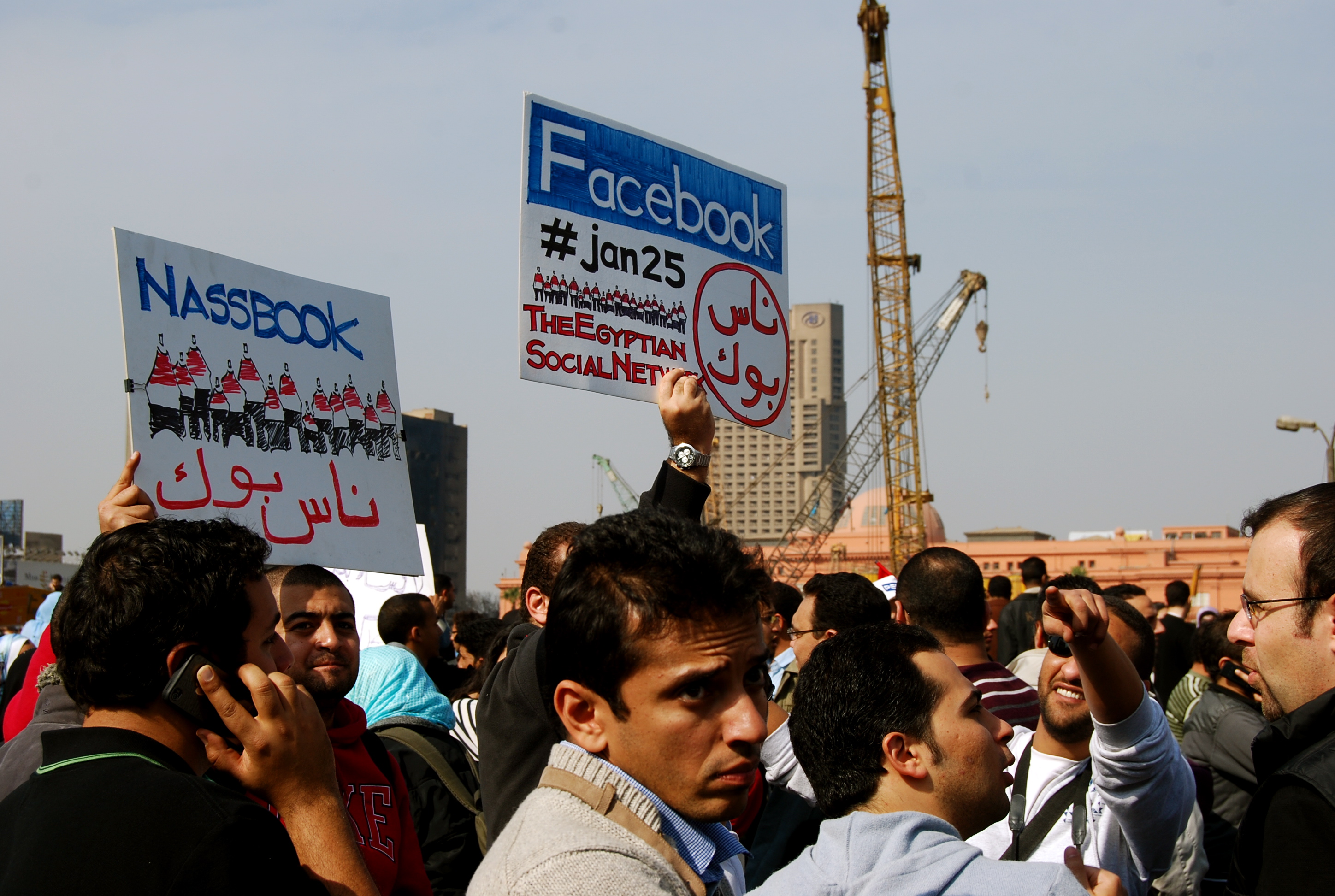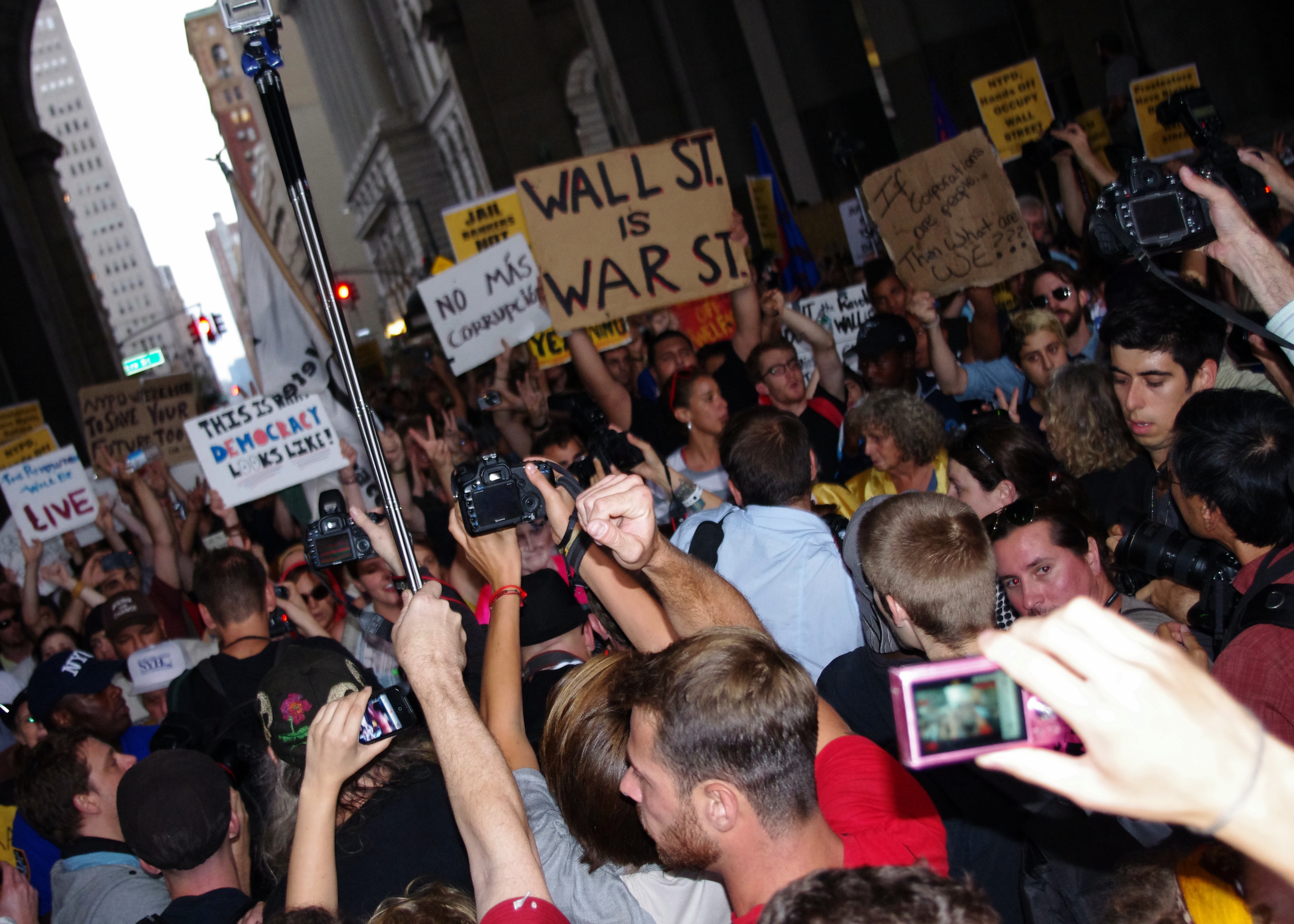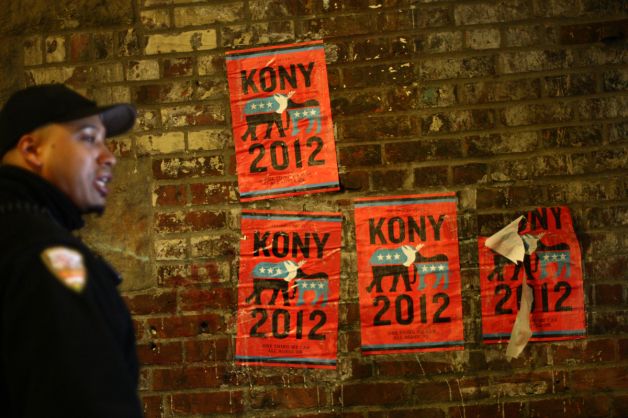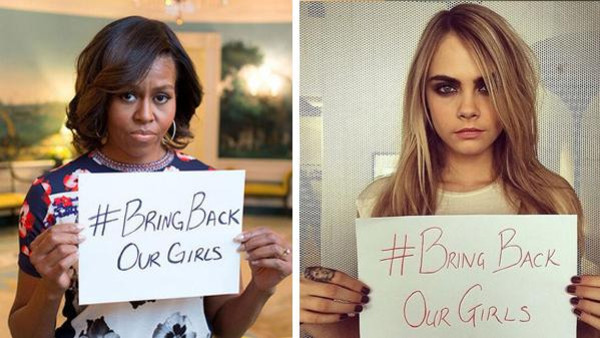5 Iconic Social Movements That Were Only Possible Because Of Social Media
Do not underestimate the power of a tweet or a Facebook post.
1. #ArabSpring was organised, coordinated and mobilised via Facebook and Twitter
The Arab Spring was a revolutionary series of anti-government protests, uprisings and riots that spread across the Middle East in early 2011, instigated by the dissatisfaction with the Arab dictatorship. By December 2013, rulers had been forced from power in Tunisia, Egypt, Libya and Yemen while civil uprisings erupted in Bahrain, Syria and other neighbouring countries. The Arab Spring protests are seen as a catalyst for long-term change whose final outcome is yet to be seen.
The Arab Spring has also been called the Facebook or Twitter Revolutions. Young protestors in Tunisia and Egypt used social media as a method to rally and mobilise activists. “We use Facebook to schedule the protests, Twitter to coordinate, and YouTube to tell the world,” one activist from Cairo explained. In Egypt, 26-year-old Asmaa Mahfouz posted on Facebook "People, I am going to Tahrir Square". It was that one post that snowballed into a movement of tens of thousands of Egyptian demanding the end of Hosni Mubarak's dictatorship.
2. One tweet sparked the #OccupyWallStreet protests and it grew to be a worldwide movement
The Occupy Wall Street (OWS) movement began on 17 September 2011 in New York City's Wall Street financial district to protest against social and economic inequality, greed, corruption, and the influence of corporations on the government. The OWS movement later grew into a worldwide occupy movement. The slogan, "We are the 99%" became an iconic reference to income inequality between the wealthiest 1% and the rest of the population.
The Occupy Wall Street movement started with one tweet. On 4 July 2011, Vancouver-based anti-consumerist magazine Adbusters first tweeted the #occupywallstreet hashtag as a dream of an insurrection against corporate rule. The hashtag never received mainstream news coverage, but Twitter feed started to go crazy with it. People started sharing the hashtag, creating posters; the hashtag began to have a life of its own. On 17 September, crowds showed up at New York City's Zucotti Park and occupied it for weeks.
3. When the #Kony2012 YouTube video went viral, Joseph Kony became a household name
Kony 2012 is a short film produced by Invisible Children, an organization dedicated to end the activities of the Lord's Resistance Army (LRA) in Central Africa and its leader Joseph Kony. Kony has been accused of abducting tens of thousands of children to become sex slaves and child soldiers.
On 5 March 2012, Invisible Children released the Kony 2012 short film on YouTube as part of its "Stop Kony" campaign. The video sought to raise funds and awareness for its effort to make Joseph Kony globally known and create international pressure for his arrest by the end of 2012. The video went viral with 120 million views in five days. With every celebrity #Kony2012 tweet, video views increased by leaps and bounds. Oprah Winfrey's tweet sky-rocketed video views from 66,000 to over 9 million. Its virality helped Invisible Children to gain global media attention for the issue. Subsequently,the organisation and the LRA were scrutinised by the world, Kony became a household name, the non-profit raised $32 million, and the US President committed more troops and money to find the warlord.
4. #ALSIceBucketChallenge became an online trend that everybody wanted to be a part of
The ALS Ice Bucket challenge started as a campaign to promote awareness of the disease Amyotrophic Lateral Sclerosis (ALS) and to encourage people to donate to the research for a cure. Participants were to pour a bucket of ice cold water on themselves, make a donation, and challenge their friends and family in the name of ALS.
The challenge quickly went viral over social media. With celebrities, politicians, and athletes from Mark Zuckerberg to Donatella Versace and Khairy Jamaluddin to Amber Chia accepting the challenge, the Ice Bucket Challenge became the symbol of cool. The online trend quickly became a powerful fundraising tool. Within weeks, the ALS Association received a total donation of more than $100 million. Interested in the disease soared as well, as hits to Wikipedia's article on ALS grew from an average of 163,300 views per month to 2.89 million views in August 2014.
5. A bunch of outrage tweets to #BringBackOurGirls started to trend on social media, forcing the issue into the agenda of world leaders
In May 2014, 273 Nigerian school girls were kidnapped from the Chibok Government Secondary School by Boko Haram Terrorists in Nigeria. The girls were held captive while the militants threatened to sell them. During the initial stages, the world barely noticed the kidnappings. But a speech by Oby Ezekwesili, vice president of the World Bank for Africa, demanding for the Nigerian government to help "bring back our girls" changed everything.
Outraged tweeters in Nigeria echoed his call to #BringBackOurGirls and it was subsequently tweeted over a million times worldwide. To show their support, concerned citizens around the world, celebrities and powerful politicians posted photos of themselves holding a piece of paper with the #BringBackOurGirls hashtag written on it. The photos on Facebook, Instagram and Twitter forced the issue onto the agenda of world leaders. The kidnappings then became an issue of international importance with the US sending in troops to bring back the girls.





